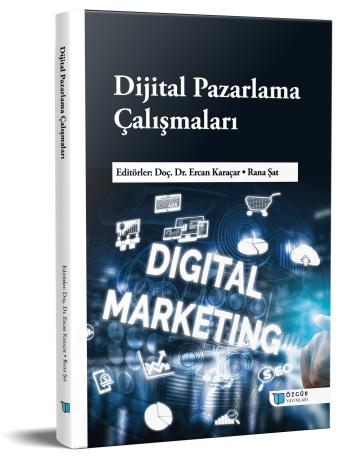
Digital Marketing Tools in Tourism and Tourism Contributions
Chapter from the book:
Karaçar,
E.
&
Şat,
R.
(eds.)
2025.
Digital Marketing Studies.
Synopsis
The rapid advancement of digitalization has significantly transformed the tourism industry, reshaping consumer behaviors and business strategies. Digital marketing tools such as social media platforms, Search Engine Optimization (SEO), content marketing, email campaigns, and online advertising play a pivotal role in enhancing customer satisfaction, increasing brand visibility, and securing competitive advantages on a global scale. Social media offers unique opportunities for destination promotion and consumer engagement, particularly through visual and interactive content. SEO enhances online visibility and drives organic traffic, positioning businesses more prominently in search engine results. Content marketing establishes authentic brand connections by leveraging blogs, videos, and user-generated content to build trust and influence traveler decisions. Email marketing fosters personalized communication, increasing customer loyalty through targeted campaigns. Simultaneously, online advertising, including Google Ads and social media ads, achieves rapid outreach with measurable impact.
Moreover, the integration of data analytics in these tools enables real-time performance tracking and strategy optimization, allowing tourism businesses to allocate resources efficiently. Beyond economic benefits, these tools contribute to sustainability by reducing the reliance on traditional advertising methods and supporting eco-friendly practices. This study examines the comprehensive impact of digital marketing tools in the tourism sector, highlighting their economic, environmental, and social contributions. It also emphasizes how these tools aid in achieving sustainable tourism goals while ensuring long-term growth and customer satisfaction in an increasingly competitive digital landscape.

